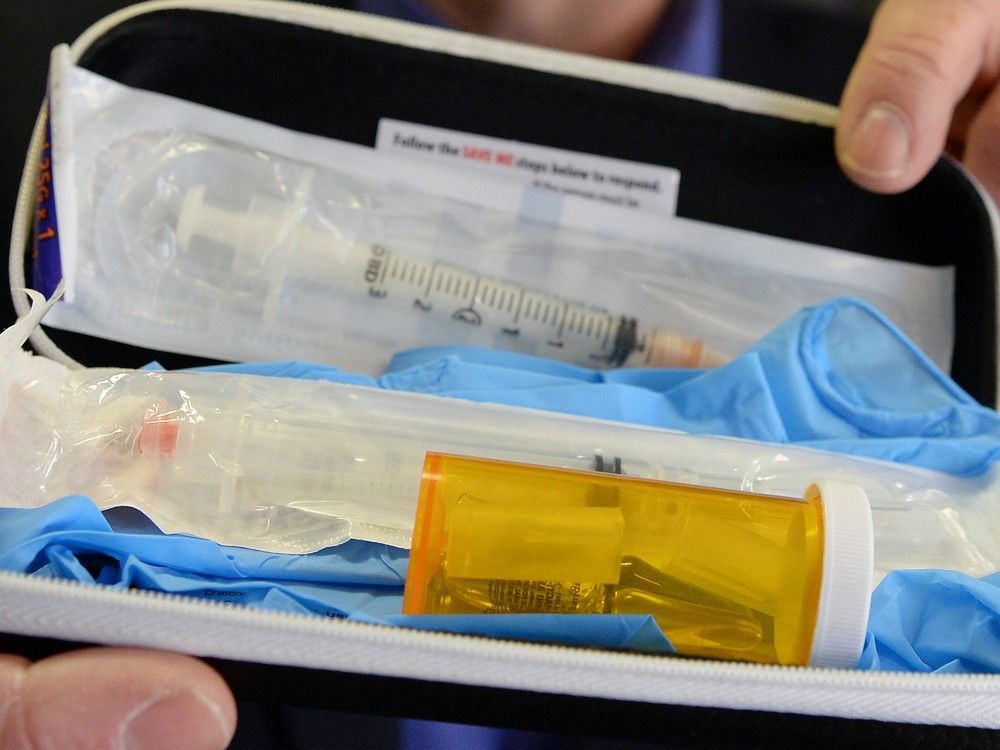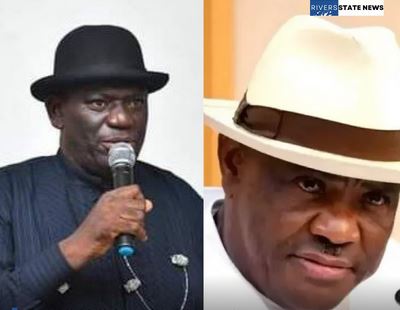
On Friday, U.S. Supreme Court Justice Sonia Sotomayor, speaking to students at Georgetown Law Center in Washington, said it was essential we “ensure that the courts are fearlessly independent.
” Ya think? Regardless of what you believe about how well Sotomayor lives up to her own declaration, her statement is irrefutable on its face. How have we come to the place where arguing for judicial independence is seen mainly as a politicized statement? Our parents and grandparents’ generations would have considered that so obvious, so crucial to American democracy, as to be hardly worth stating. So would generations of members of this hardly radical editorial board.

Unfortunately, we present you this coming week in Wisconsin, unlikely to be a banner week for judicial independence. Whatever happens. The Badger State often is described as a swing state.
In fact, it’s more accurately understood as a place where both progressive and conservative fires burn like a fish tossed into Friday night oil. In the past, though, cooler heads in the state have been able to lift out the basket before it’s too late. On Tuesday Wisconsin voters go to the polls to pick a state Supreme Court justice: In one corner is the liberal Dane County Circuit Judge Susan Crawford, a state judge in the liberal hotbed of Madison; in the other is the conservative Waukesha County Circuit Judge Brad Schimel, previously the state’s attorney general.
The contest, which is nominally nonpartisan, has attracted massive national attention because it probably will decide ideological control of the seven-member Supreme Court and, along with that, the likelihood of how congressional districts are redrawn and maybe a change in the state’s position on abortion rights. Wisconsin voters also will be asked April 1 to weigh in on a constitutional amendment to enshrine the state’s photo ID requirement to vote, something Republicans generally want and Democrats generally detest. And, of course, this is the first major litmus tense of the young and divisive Donald Trump presidency.
Sharks on both sides can smell blood in the water and would prefer it not be their own. That’s why this is the most expensive judicial race in American history. These are sharks with deep pockets.
Crawford and her supporters would have you believe that the race is all about Elon Musk, the world’s richest man, exerting the power of his purse. But wealthy liberal political benefactors, including the Democratic megadonor George Soros, tech entrepreneur Reid Hoffman and Illinois Gov. JB Pritzker have reportedly outspent conservatives, collectively and at the time of writing.
PACs connected to Musk, nonetheless, also have dropped millions on the race. Musk, Pritzker, Soros and the rest are all entitled to put their formidable resources behind their preferred candidate. And Musk is, of course, free to travel to Wisconsin and hold rallies and meetings, buying ads and making all the political speeches he wants in whatever channels he prefers (including the one he owns).
But it’s how Musk is dropping some of his millions that should deeply concern Democrats and Republicans alike. Musk should not be handing out cash to voters, even in an adjacent way. He should not be giving away $1 million prizes to voters for “casting ballots.
” Musk’s America PAC should not be paying registered voters $100 each for signing petitions and providing their contact information. He should not be handing random, life-changing checks to registered voters who attend preferred meetings. Telling Wisconsinites he is handing over the money in “appreciation for you taking the time to vote” is disingenuous, if not illegal.
Musk is not trying to encourage people to vote in a public-spirited way; he is really paying people to vote for a particular candidate. To even have to point this out is deeply dispiriting. Especially since Musk, a man of formidable intelligence, knows this himself.
Let’s pause in this narrative to lament that this is a judicial election. Ideally, the good people of Wisconsin would be left alone to judge which of the two candidates is best qualified for this honor, which is the likeliest to be fairer to all residents of the state, which is most likely to be free from bias and prejudgment and which will be the most likely to decide the cases that come before them on their merits. Ideally, the election would turn on who, to borrow from Justice Sotomayor, could be better trusted to “ensure that the courts are fearlessly independent.
” No chance, alas. In fairness to Musk, Democrats have decided that he is less popular than Trump and thus an easier target. So they have set out to take him down, whether that’s keying Teslas, as stupid a protest as we can remember, or taking pleasure in the fall of Tesla stock or whatever else they can do to besmirch the man.
That’s why sign trucks have been traversing Wisconsin’s highways with signs saying, “Don’t Let Elon Musk Buy Our Courts.” And why Wisconsin Democratic Party Chair Ben Wikler said that Schimel, should he be elected, will be “Musk’s puppet.” For the record, if he turns out to be anyone’s puppet, it will be Trump’s.
We’re fully aware the people of Wisconsin voted for Trump in 2024. We’ve aware activist judges are in the eye of the beholder and we’ve seen recent judicial overreach on both political sides. And, for the record, we are no fans of partisan redistricting.
Indeed, we called for the Illinois Supreme Court to act on anti-democratic gerrymandering lawsuit and appoint an independent official to create fair maps. We’ve no wish for Wisconsin Democrats to be allowed to rig the Badger State in their own favor. Rather, we’d hope the Wisconsin Supremes would not choose to disenfranchise voters, whatever the political flavor of each judge.
And whatever the outcome of Tuesday’s election. Pollyannish? It sure seems so. Whether we are talking courts, money or redistricting, divided Americans now fear the risk of unilateral disarmament more than the weapons themselves, putting the independent judiciary at serious risk.
But cash money for your vote remains the nuclear option, most dangerous of all. Submit a letter, of no more than 400 words, to the editor here or email [email protected] .
.















